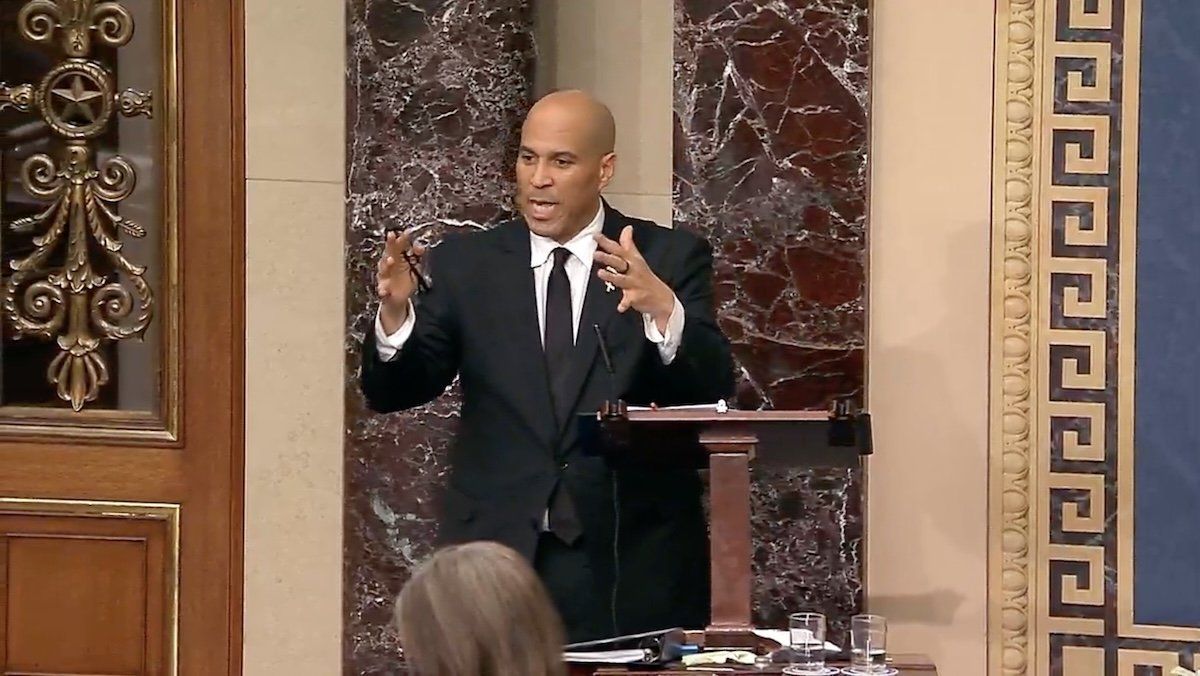25+: The Democrats may not have the White House or a majority in Congress, but one thing they do have, still, is words. Lots and lots of words. Words for days, even, as Democratic Sen. Cory Booker showed by taking to the podium on Monday with a broadside against Donald Trump that lasted more than 25 hours. The veteran lawmaker from New Jersey, a former football player, had vowed to stay up there as long as he was “physically able.” Before yielding the floor on Tuesday night, Booker broke the record for the longest Senate floor speech, surpassing one set in 1957 by the late Sen. Strom Thurmond, who filibustered against civil rights.
42: The first stage of the Israel-Hamas ceasefire, brokered in January, officially lasted 42 days. The deal now looks to be far in the rearview mirror, as Israeli Defense Minister Israel Katz announced on Wednesday that he would expand his army’s latest military offensive in Gaza. The two sides are still negotiating another ceasefire deal via mediators but haven’t yet reached an agreement.
5: Benjamin Netanyahuleaves Wednesday on a five-day visit to Hungary. It’s the Israeli PM’s second trip abroad since the International Criminal Court last year issued an arrest warrant for him over alleged war crimes in Gaza. In February, he visited the US. Hungary is an ICC member, but the country’s proudly “illiberal” PM Viktor Orban says he won’t honor the court’s warrant. In recent years, the right-winger Netanyahu has cultivated controversial ties with populist nationalist parties in Europe, including some with histories of overt antisemitism.
6: In recent years, half a dozen Australian universities have closed the Chinese-funded Confucius Institutes on their campuses. The CIs educate students about Chinese language, history, and culture. The moves come amid broader tensions between Australia and China, and they reflect fears that Beijing has used the institutes to spread pro-Chinese propaganda and cultivate possible intelligence assets.
38: Argentina’s poverty rate plunged from 53% to 38% last year. Analysts credit “anarcho-capitalist” president Javier Milei, who drastically slashed government spending to put the mismanaged economy on a more stable footing. After an initial bout of pain, those measures brought inflation down from nearly 300% to 70%, easing poverty as people’s spending power increased.
